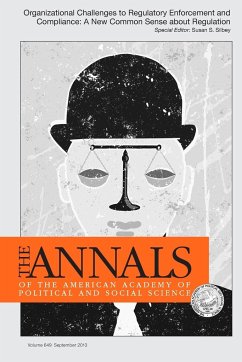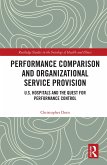Following a series of global financial and economic crises at the end of the first decade of the twenty-first century, we hear renewed calls for increased government regulation of the economy (including finance, banking, insurance, communications, environment, and employment) as a necessary safeguard against the excesses of exuberant capitalism. At the same time, opponents argue that government regulation not only dampens market efficiencies and hinders economic growth in general but specifically encourages the predatory and fraudulent practices responsible for the recent Great Recession. This volume of The ANNALS analyzes the bodies of scholarship on regulation as well as the empirical models and policy advice that have both fuelled and responded to conventional public regulation by rethinking these paradigms from the perspective of the regulated organizations-in all their diversity and complexity. These articles examine three features of the contemporary situation that demand new ways of looking at the processes and prospects of regulation: experiences with innovative regulatory models propagated as risk management; failures of organizational self-governance; and new forms of networked and dispersed global organizations. We suggest that a new common sense about regulation acknowledges the ubiquity of legal regulation and the contextual conditions that frame the normative interpretations, the global circulation of regulation that has transformed its scale, and finally the role of the organization as the locus of regulation.
Hinweis: Dieser Artikel kann nur an eine deutsche Lieferadresse ausgeliefert werden.
Hinweis: Dieser Artikel kann nur an eine deutsche Lieferadresse ausgeliefert werden.








